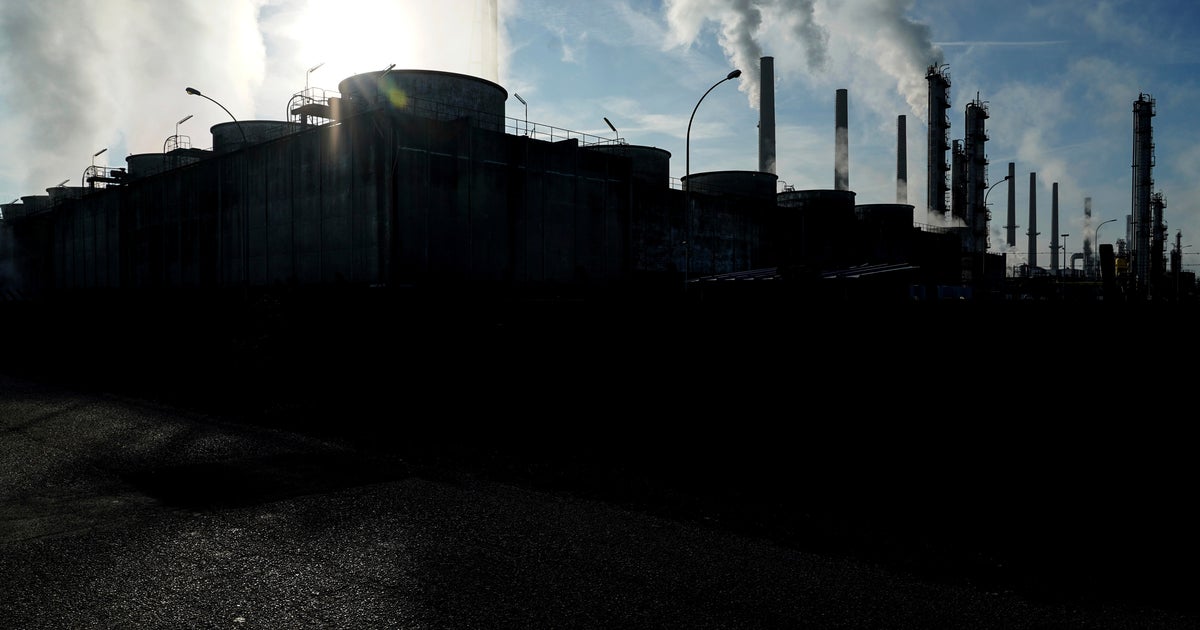Sprint's 5,000 jobs, even if new, are a blip for U.S. economy
There’s plenty to be unsure about when it comes to Donald Trump’s announcement Wednesday that Sprint would be bringing 5,000 jobs back to the U.S. over the next 15 months.
There’s disagreement over whether the Sprint jobs, announced shortly after a multi-billion investment from its owner, SoftBank, should even be counted as new, or whether they are part of a previous SoftBank announcement promising 50,000 jobs. (A Sprint spokeswoman told CBS MoneyWatch on Thursday they are part of the 50,000, but the company’s CEO seemed to suggest the opposite in a tweet a half-hour later.)
There’s also dispute over whether Mr. Trump should be taking credit for jobs resulting from a private investment that, analysts say, would likely have ended up in U.S. firms anyway. And of course, it’s unknown what benefits -- tax, regulatory or otherwise -- Sprint will be getting in return, and thus whether the jobs are the result of sound public policy.
But leaving all these questions aside, there’s a more fundamental objection to Mr. Trump’s job numbers. Any way you slice it, neither 5,000 nor 50,000 is a particularly impressive number, in job-creation terms across America.
For perspective, here are the U.S. jobs created so far this year -- plus the Sprint announcement in December.
The economy has created just under 6,000 jobs every day of 2016. And relatively speaking, that’s not even a particularly booming economy. The monthly job creation count for the year averages 165,200, not including December, for which data is not yet available. That’s steady growth, but nothing like the previous two years, where average monthly job growth was well above 220,000.
(The job figures for recent months could still be revised slightly in January, when the Bureau of Labor Statistics releases information on December employment. But they are unlikely to change much.)
Of course, the 5,000 new jobs at Sprint aren’t all coming home this month; Sprint has set a deadline of March 2018. Spread out over 15 months of very average job growth -- let’s say around 155,000 a month, plus or minus 10,000 here and there -- this is what the impact of Sprint (in red) would look like.
That’s right: You need to squint to see it.
Here’s what it would look like if Sprint brought all 5,000 jobs back next month:
So, we can debate whether these are new jobs -- or even good jobs, since Sprint has said most of them will be in customer service, not the higher-paying manufacturing sector whose decline Mr. Trump so laments -- or whether the president-elect’s company-by-company approach to stimulating job growth is effective federal policy. But those debates bypass the bigger point, which is: In the world’s largest economy, 5,000 jobs is the proverbial drop in the bucket.






